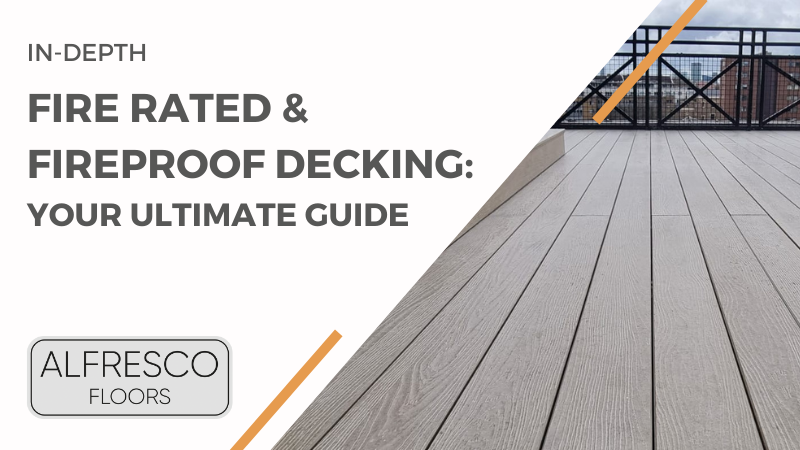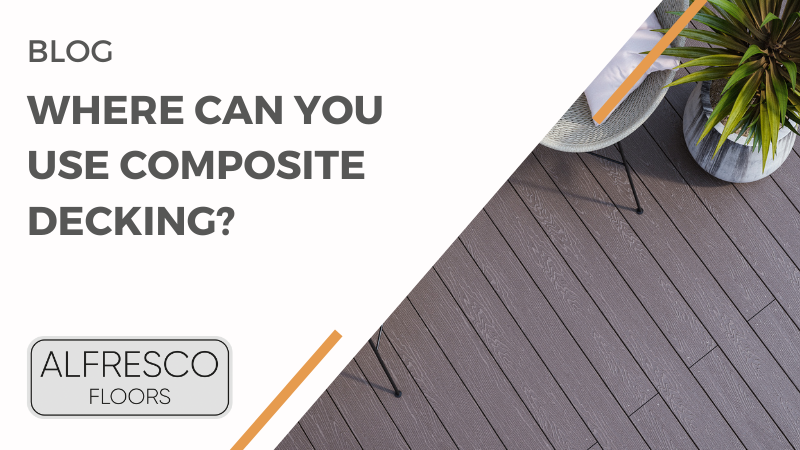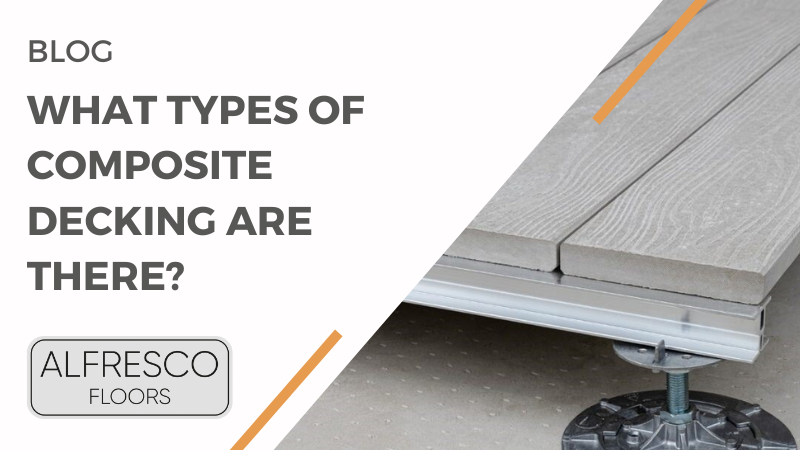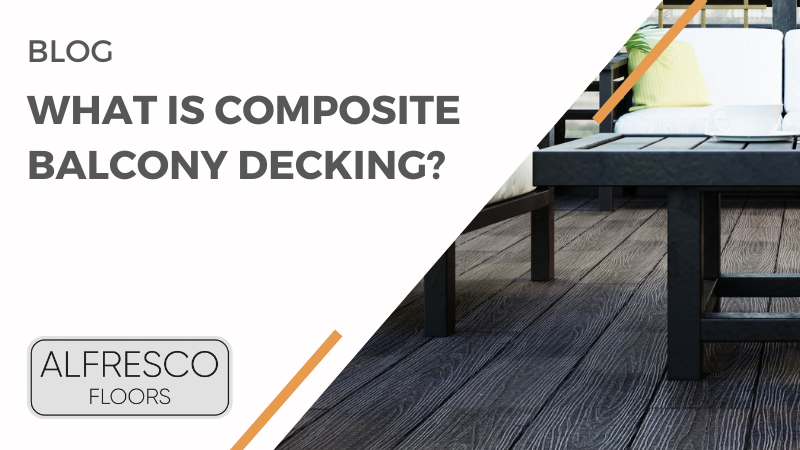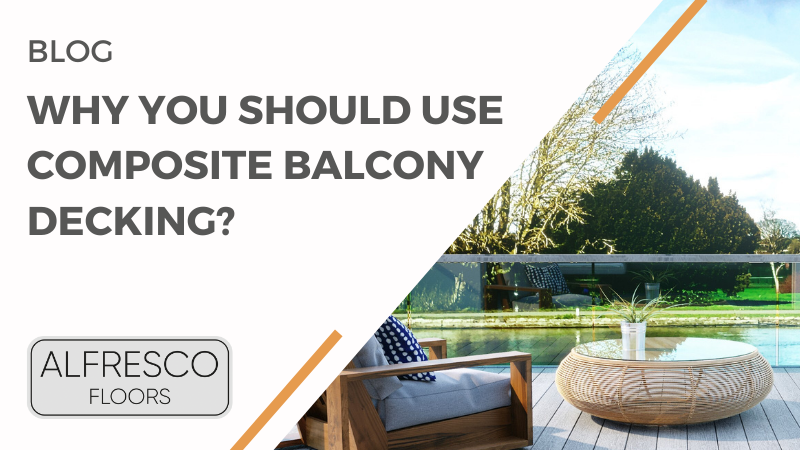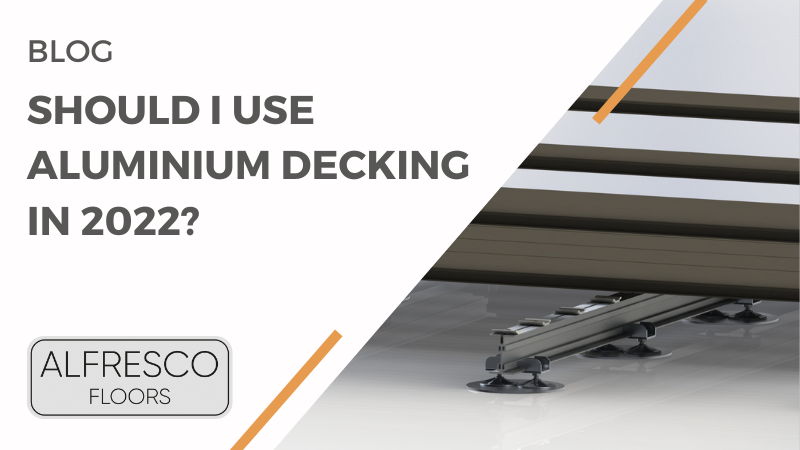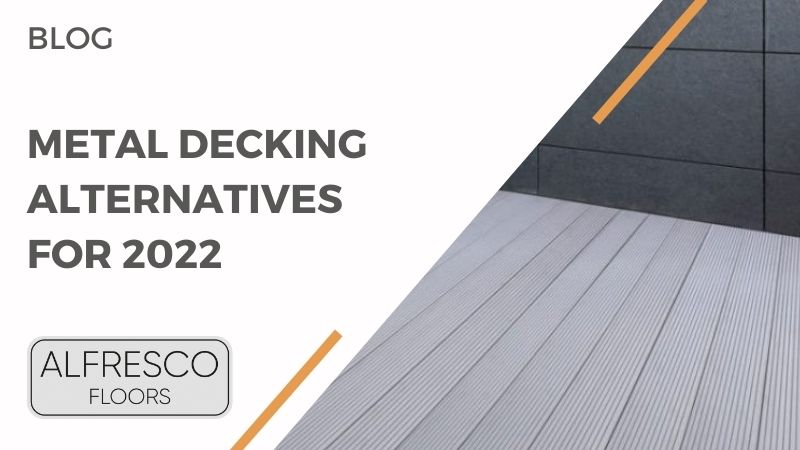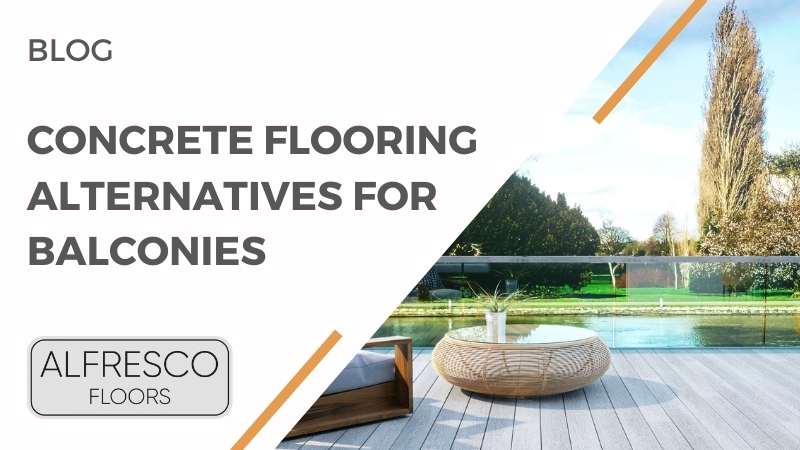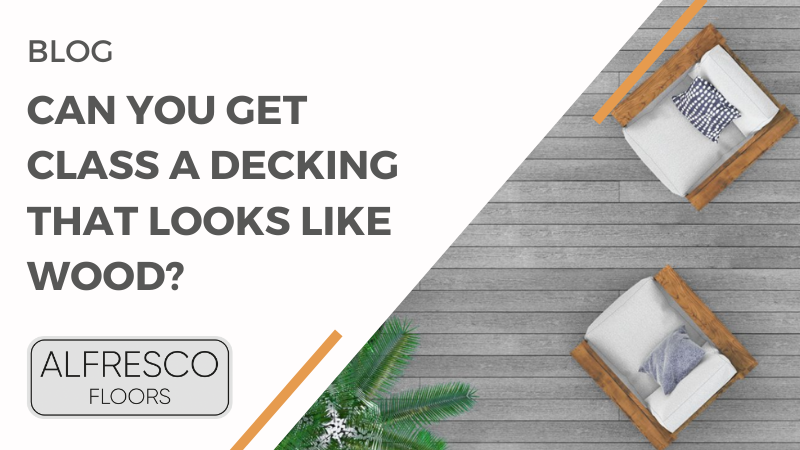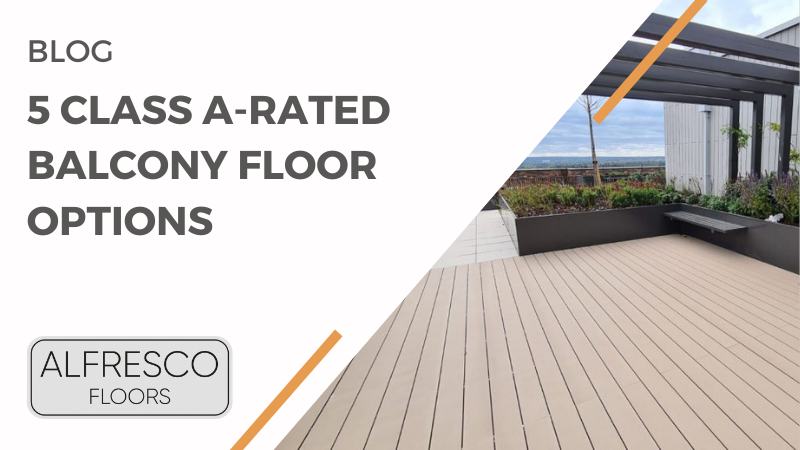30 May Fireproof & Fire Rated Decking: Your Ultimate Guide
The Grenfell Tower tragedy was a catalyst in the industry for significant change. Not only were regulations introduced that banned combustible cladding from residential buildings above 18m, but the same was also done for balcony flooring, too. This means that when you’re sourcing flooring for outdoor decking...



